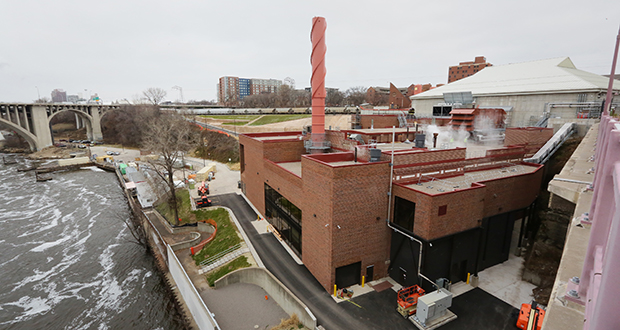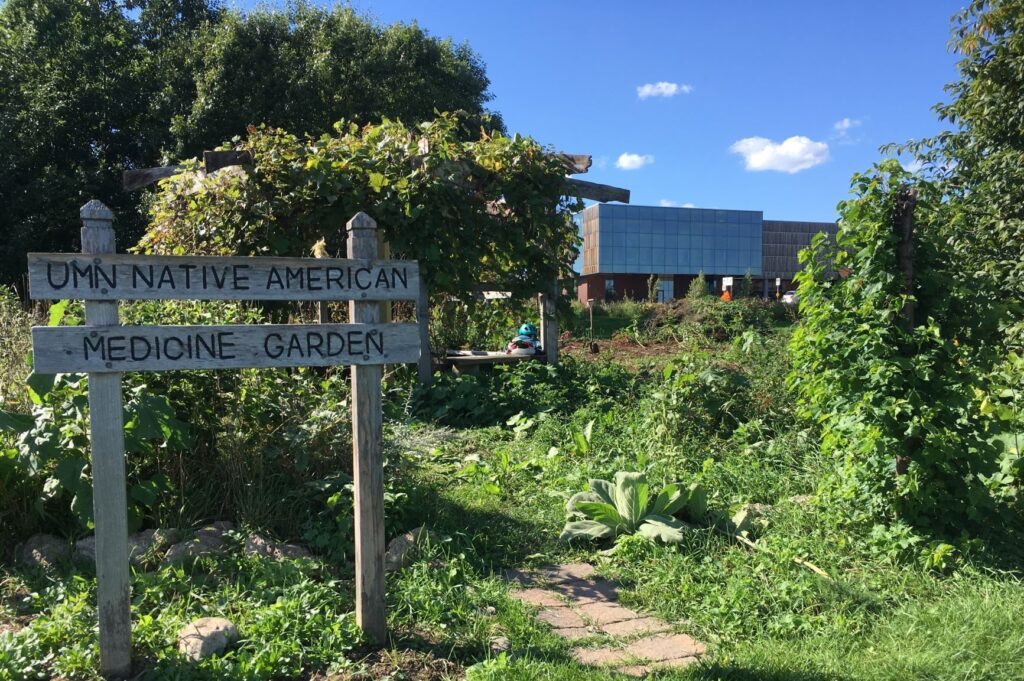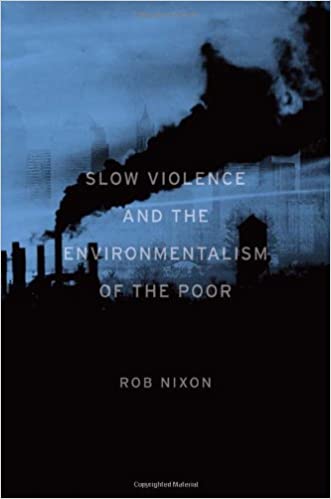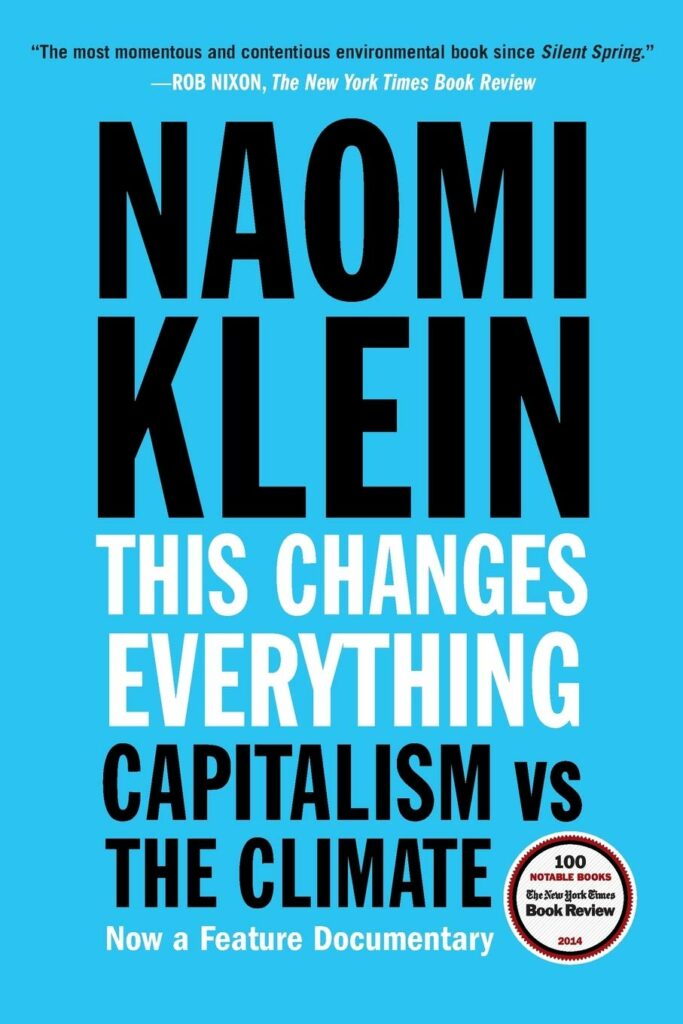By Kathrin May
I am sitting at my desk, in my old childhood bedroom, at my parents’ house in Germany. Last school year I was an international student at the University of Minnesota, and during the spring semester, I left the US earlier than planned because my parents were getting very worried when COVID-19 forced countries and flights to shut down. The COVID-19 pandemic here in my home country has, so far, been fairly calm compared to other countries, including the U.S., where I have watched it unfold. Sometimes a few days pass in which I almost forget about what is going on in the world. But when I watch the news or talk to my friends in the US, it hits me all over again: “We are living in a pandemic.” Timewise, my mind still thinks it is March, and I think back to when everything started to unravel. Within weeks, our lives had changed faster and more drastically than anyone I know would have expected.
During spring break, University of Minnesota students, myself included, received the announcement that in-person instruction was cancelled for the rest of the semester.
That day was very emotional for me because it did not only mean my semester had ended, it also meant the end of my experience abroad. I tried to enjoy my last few weeks in the US, so I accepted an invitation from a friend to live with their family in Madison, WI.
On one weekend at the beginning of April, two of my friends and I went on a socially distant bike ride around one of the lakes. The long Midwestern winter let us take joy in the small buds that started to sprout through the floor of dried leaves and the slightly warmer temperatures. I remember how this bike ride connected all of my classes and experiences over the past 8 months in a way. We passed wetlands and lakes, and I wondered about their hydrological processes and ecosystems, which I had studied in my wetlands and hydrology classes. On our way back, we were exhausted. We passed a Jimmy John’s, and I stopped and looked at their window sign. In red, neon letters it stated: “Free smells.” I remembered biking past the same sign, only on the West Bank of the UMN campus a few months prior and talking about it in my urban environment class. We talked a lot about environmental justice in US-American cities, and I often wondered if anything is actually free?”

Figure 1 Jimmy John’s “Free Smells” in Madison, WI
In that moment I realized that almost all of the classes I took at the University of Minnesota were connected through the concept of externalities.
An externality is defined as a side effect or consequence of an industrial or commercial activity that affects other parties without being reflected in the cost of the goods or services provided.
In this case, Jimmy John’s “free smells” are portrayed as a positive externality. But when thinking of industrial and commercial activities, I can only think of negative effects that are not reflected in the costs of goods. I think of the polluted city air of Minneapolis and rivers, like the Mississippi, full of chemicals. I think of how we discussed the Love Canal and Rachel Carson’s Silent Spring in my environmental justice class.
In my renewable energy class, Janiece Watts, a policy associate, passionately communicated to us that no one should feel excluded from environmental and climate justice work; for movements to have power to enact change in a window of political opportunity, everyone has a role.
So, what is my role as a student? What externalities are surrounding me immediately?
On February 26th, 2020, the Minnesota Daily published an article online titled “UMN confirms investments in fossil fuels, including ExxonMobil and Chevron”.
This news startled me and still does. The University of Minnesota continues to invest in fossil fuels?
During my time at the UMN, I was involved in a group called Voices for Environmental Justice (VEJ) and I got to work with Cânté Sütá Francis Bettelyoun in the Native American Medicine Garden on the Saint Paul campus. Most of the people I interacted with were very conscious of the destruction our current mode of production causes and the negative externalities built into the entire flawed system known as capitalism.
I obviously had been living in my own bubble.
The University of Minnesota indirectly invests in the fossil fuel industry with index funds. The University is trying to make money, so that it “can reduce the cost of tuition and use the money to fund operations of the University of Minnesota,” according to University Regent Michael Hsu. Hsu added, “[b]ut as long as there’s a good return in fossil fuels, then we have to make a decision”, and I guess that decision is pro-fossil fuels. There are student organizations, like the UMN Climate Strike, that are actively protesting the continued investment. But the movement for divestment should be supported by any student organization that stands for equality, social and environmental justice, and the students’ greater good. Regent Darrin Rosha stated that they will always listen to what the students have to say, but that there are other factors that need to be considered.
The externalities, though, are simply not considered.
Figure 2 A Couple Class Readings
Divesting from fossil fuels is not just about the environment and climate change; it is about the entire system of injustices that connects to it. As Rob Nixon described in his book Slow Violence and the Environmentalism of the Poor,
“In the end, it was the other pipes that got him, the Shell and Chevron pipes that poured poison into the land, streams, and bodies of Saro-Wiwa’s Ogoni people […].”
Adding to this, Naomi Klein writes in her book This Changes Everything: Capitalism vs. the Climate, that
“Oil and gas companies remain some of the most profitable corporations in history […]. These companies are rich, quite simply, because they have dumped the cost of cleaning up their mess onto regular people around the world. It is this situation that, most fundamentally, needs to change”.
The investment in fossil fuels supports the system of oppression, exploitation, and dumping environmental burdens on the most vulnerable.
I have read some studies about the cost of divestment; some of them state that it is not feasible, others say that the costs of divestment are exaggerated. I admit that I do not understand a lot about stocks and investments and that these studies used a technical language which I only could understand to a certain limit. But I also do not understand how the University ignores the fact that investment in fossil fuels reinforces a socially and environmentally unjust system, especially when the studies regarding this issue were conducted by UMN researchers. The University’s own news page even gives an overview of the study and its meaning.
“On average, non-Hispanic whites […] experience approximately 17 percent less air pollution exposure than is caused by their consumption. Black and Hispanic populations, however, bear a “pollution burden.” On average, blacks are exposed to about 56 percent more […] For Hispanics, it is slightly higher — 63 percent.”
I do understand when the Minnesota Department of Health and the Minnesota Pollution Control Agency state in their 2019 published report, that fine particles in the air or ground-level-ozone were, in part, responsible for “2,000-4,000 deaths, 500 additional hospital stays, and 800 emergency room visits” in 2013. I do understand that healthcare costs would be reduced drastically if pollution was a smaller problem. I do understand that “green jobs” contribute to our financial health; according to Clean Jobs Midwest these jobs grew 2.5 times faster than overall employment in MN. Climate change and pollution — and strategies to address them — are not far away things that happen in other countries; they are happening right here on campus and in Minnesota communities.

Figure 3 The New Natural Gas Plant Helped UMN meet 2020 goals.
What about 2030? 2050?
So I am left with many questions.
How much are students and the campus community affected by the environmental burdens produced by the companies UMN invests in to “help” students with tuition costs?
Why do I learn in all my classes about externalities and the costs that are not reflected in the price of a good, an investment, or an action, but no decision-makers try to change this reality, not even at the institution that teaches these concepts to us?
Fossil fuel divestment is closely connected to decolonization because fossil fuel extraction has been the central aim and enabler of imperialist and capitalist expansion since the industrial revolution. Similarly, the environmental harms of fossil fuel combustion are disproportionately borne by people who are already oppressed, exploited, and marginalized by the white supremacist and heteropatriarchal cultures used to justify and uphold these unsustainable power structures. Stopping the flow of fossil fuels is a start, but to replace these unjust structures we will need to rethink our relationships to land and each other.
I volunteered at the Native American Medicine Garden during the fall 2019 semester for the community-engaged learning component of one of my classes. Before I took this class and talked to Francis, I knew very little about the ongoing sufferings and struggles of Native American peoples in the US, which is sad because these discussions and news don’t make their way into my country’s school system. I am all the more relieved to finally be informed and have learned about these injustices. The University of Minnesota is sitting on stolen land.

Figure 4 The UMN Native American Medicine Garden
Sometimes at events there are land acknowledgments, and I thought that maybe the University would finally realize their role in decolonizing. However, in the middle of the pandemic and the protests regarding George Floyd’s murder, I received an email that Francis’s position is not being renewed by CFANS. This timing is important. In the days following George Floyd’s murder by a Minneapolis police officer, the violence perpetrated against Black communities through white supremacy was visible and visceral. Within this moment of acute pain, rage, and grief, the University’s own long history of violence against Indigenous people, now focused on Francis, was another example of white supremacist and colonial systems in our everyday lives.
Within this context, I have to wonder: Are the words spoken in land acknowledgments just empty shells with no meaning?
In response to CFANS’s failure to renew Francis’s contract, a letter was written and an overwhelming number of over 500 students, teachers, and many more affiliates of the University and NAMG signed it. The letter states:
“the NAMG has been a critical space of unlearning and relearning for thousands of UMN students, faculty, and staff, and countless visitors who come to our campus from near and far. In addition, the NAMG has provided food, wisdom, and community wellness for all who have passed through the space. […] He has taught many of us how to live the land acknowledgment.”
Clearly, I was not alone. The few times I had the pleasure and honor to talk and learn from Francis had been an overwhelming experience. When I think of the future I want to build for myself, his lessons and words have had a big impact on my plans.
“Cânté Sütá […] teaches a mode of stewardship that critiques the historical and contemporary aggressions of settler-colonialism, while calling forth the radical care for all relations that could enable futures beyond settler-colonial violence.”
How can the University of Minnesota sit on stolen land, do land acknowledgements and try to grasp their role in decolonizing, but
“replay colonial patterns and remove a beloved and deeply respected member, teacher, and spiritual guide of the University and Indigenous communities from his position”?
How can the University of Minnesota still invest in the companies that build pipelines through the land of Native Americans, poison and destroy their livelihoods, and put the students of this institution in danger by disregarding all externalities to fossil fuel investment?
As much as it is not enough to not be racist but to be an anti-racist, it is important to not just speak the words of land acknowledgement. We have to live land acknowledgement and not only divest from fossil fuels but invest in people, ideas, and plans that nourish this campus community’s well-being, just like Francis did and hopefully is able to do in the future through the NAMG.
It is the duty of the University to live up to the values it speaks and teaches to its student community.
As Naomi Klein states, “We must cease making large, long-term capital investments in new fossil fuel infrastructure that ‘locks in’ dangerous emission levels for many decades […] Step one for getting out of a hole: Stop digging.”
So, let’s stop digging holes for the future students, staff, and creatures who will wander this campus for years to come.

Bibliography
Clean Jobs Midwest. (n.d.). Clean Energy Jobs in Minnesota https://www.cleanjobsmidwest.com/state/minnesota
Hendrickson, S. (2020). UMN confirms investments in fossil fuels, including ExxonMobil and Chevron. Minnesota Daily. Retrieved July, 14, 2020 from https://mndaily.com/247793/news/acfossilfuels/
Institute for Advanced Study. (n.d.). IAS Land Acknowledgment https://ias.umn.edu/about/ias-land-acknowledgement
Klein, N. (2014). This changes everything: Capitalism vs. the climate. (p.111 & p.304) Simon & Schuster Paperbacks.
Minnesota Pollution Control Agency and Minnesota Department of Health. (2019, June) Life and breath: How air pollution affects health across Minnesota. https://www.pca.state.mn.us/sites/default/files/aq1-64.pdf
Nixon, R. (2011). Slow Violence And The Environmentalism Of The Poor. (p.103). Harvard University Press.
Tessum, C.W., Apte, J.S., Goodkind, A. L., Muller, N. Z., Mullins, K. A., Paolella, D.A., Polasky, S., Springer, N.P., Thakrar, S.K., Marshall, J.D., & Hill, J.D. (2019). Inequity in consumption of goods and services adds to racial–ethnic disparities in air pollution exposure. National Academy of Sciences, 116(13), 6001-6006.https://doi.org/10.1073/pnas.1818859116
University of Minnesota Twin Cities. (2019, March 11). Black and Hispanic minorities in the U.S. bear a disproportionate burden from air pollution https://twin-cities.umn.edu/news-events/black-and-hispanic-minorities-us-bear-disproportionate-burden-air-pollution
Open Letter. (2020, June 2). A Formal Response to CFANS Failure to Renew the Contract of Cante-Suta Francis Bettelyoun — In Support of Renewing his Position and Sustaining the Native American Medicine Garden (NAMG) in Perpetuity. https://docs.google.com/document/d/1FpuxhcSgLj2PuK5AvrjHxPRA5znx2U04AuO2VmyC4vU/edit


